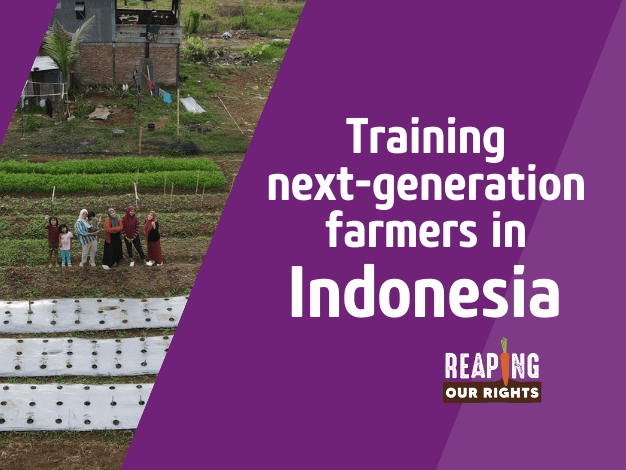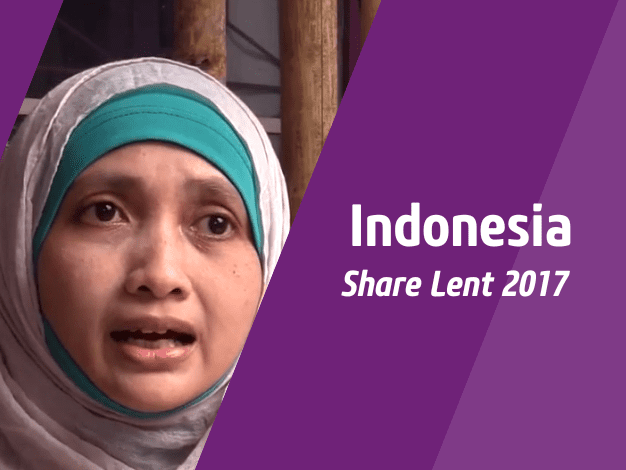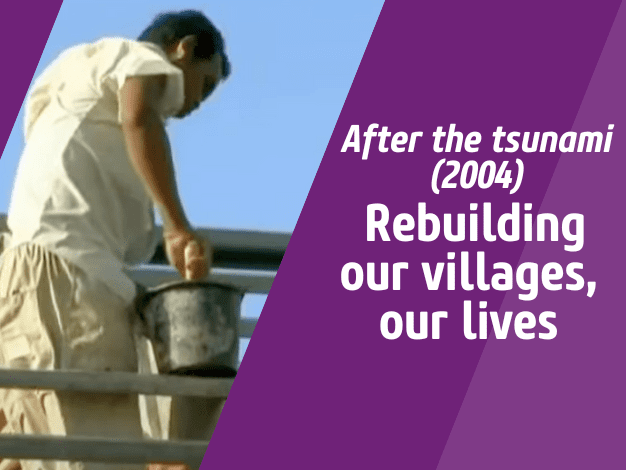Indonesia ranks as the fourth most populous country, the country with the largest Muslim population.
In May 1998, after a nationwide protest movement and the massacre of several hundred people, General Suharto resigned, ending over three decades of dictatorship. This kicked off a new chapter of history featuring a series of liberal reforms involving democratization, economic liberalisation, the establishment of new institutions and the decentralisation of decision-making powers.
Despite remarkable economic growth, Indonesia is a deeply unequal country with the gap between the richest and the poorest growing rapidly. The richest one per cent of Indonesians earn nearly a tenth of all income and own nearly a fourth of the country’s wealth.
Indonesia was historically seen as an exemplar of moderate Islam, tolerance and pluralism. In recent decades, however, there has been a rise in religious fundamentalism and attacks on Catholics, other Christians and groups of women accused of not being “good Muslims.”




Development and Peace ― Caritas Canada played a key role in supporting the justice and democracy movement in East Timor while it was a province of Indonesia. Following its independence in 2002, we chose to sustain our programming in Indonesia, recognizing the country’s importance as a regional power and its capacity to influence other countries like Malaysia and Burma. The fall of the Suharto regime in 1998 created many opportunities to build a future of justice, democracy and peace.
We work with a variety of local organizations, mainly on the themes of democracy and citizen participation, and ecological justice. Our partners are:
Development and Peace ― Caritas Canada will continue working with women in Indonesia to support their empowerment by collaborating with organizations that promote gender justice and democracy and that combat poverty and religious fundamentalism.






About us
Our work
Get involved
Ways to give
Resources
Get in touch
555 René-Lévesque Blvd. West, 8th Floor
Montreal (Quebec) Canada H2Z 1B1
Phone: 514-257-8711
Toll-free: 1-888-234-8533
Fax: 514-257-8497
Email: info@devp.org
Charity number: 1 1882 9902 RR 0001


Our international cooperation program is carried out in part with the financial support of the Government of Canada acting through Global Affairs Canada.
Development and Peace — Caritas Canada is the official international solidarity organization of the Catholic Church in Canada and the Canadian member of Caritas Internationalis.
Copyrights © 2024
Don’t miss anything about the work of our international partners or our awareness and mobilization campaigns.
Sign up now for our newsletter.